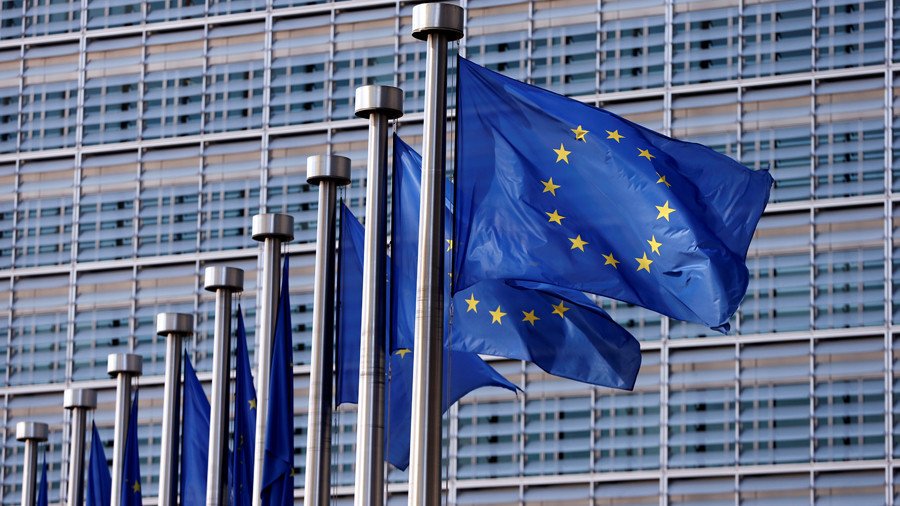EU leaders sign non-binding 'Pillar of Social Rights' to appease skeptics with fair image

The European Union has created a list of 20 "social rights" in an apparent effort to make the bloc more appealing to voters and push back against the growing Euroskeptic sentiment. Not everyone is convinced by the EU's newly-declared commitment.
The European Pillar of Social Rights was proclaimed by EU leaders at the Social Summit for fair jobs and growth in Gothenburg, Sweden, earlier on Friday. It was signed by EU Commission President Jean-Claude Juncker, European Parliament President Antonio Tajani, and Jüri Ratas, the prime minister of Estonia, which currently holds the presidency of the EU Council.
"Today we assert our common values and commit ourselves to a set of 20 principles and rights," Juncker said in a statement. "From the right to fair wages to the right to healthcare; from lifelong learning, a better work-life balance, and gender equality to minimum income."
The Pillar will be accompanied by a "social scoreboard" which will monitor its implementation by "tracking trends and performances" across EU member states. The scoreboard is structured around three dimensions: equal opportunities and access to the labor market, dynamic labor markets and fair working conditions, and public support/social protection and inclusion.
The 20 guidelines outlined in the Pillar will not be directly enforceable by the EU, except where they already exist in national laws. Rather, they are aimed at developing an EU standard for the discussion of social issues, Reuters reported. The move was backed by multiple trade unions and business associations, as well as the World Employment Confederation-Europe.
The European Pillar of #SocialRights will be accompanied by a ‘social scoreboard’ monitoring the implementation of the Pillar by tracking trends and performances across EU countries in 12 areas → https://t.co/Zp3vsAL9Tk#SocialSummit17pic.twitter.com/PwAaS3bUu9
— European Commission (@EU_Commission) November 17, 2017
However, not everyone is so pleased with the 20 guidelines laid out by EU leaders.
Jean-Luc Melenchon, co-founder of the French Left Party who ran in the 2017 presidential election, dismissed the Pillar as a 'farce.' A press release on his party's website says it's barely a change from the 1989 social right charter, which has had no real effect.
Others took to twitter to express their skepticism. One users said the Pillar is hard to believe after the EU "destroyed entire countries and their already granted social rights."
Are we supposed to believe it? After EU destroyed entire Countries and their already granted social rights.Without shame and so naive…#FUCKEUhttps://t.co/Bs3dDMNhq7
— Brancaleone (@Brancaleone72) November 17, 2017
Another tweeted: "We all have clues that those 'European social rights' are only words and not facts, and that's a shame."
Still another user brought up Catalonia's squashed independence bid as an example of how little the EU cares about social rights.
Social rights? It is a joke? Europe is not concerned on it anymore. Catalonia has proved it.
— Sarri C. 🎗️16O / 2N (@sarriix) November 17, 2017
Juncker, however, praised the Pillar, initially announced in 2015, as "a strong demonstration of European unity."
The proclamation of the Pillar comes amid rising Euroskeptic sentiment across the European Union. Referencing the issue, a senior EU official told Reuters that "there is certainly a need to respond," apparently referencing the 20 social rights signed on Friday.
The rise in Euroskepticism follows the United Kingdom's decision to leave the European Union. Recent elections in Germany, France, Austria, and the Czech Republic have shown that support for populist parties have grown, and that citizens have been losing confidence in their governments or in the EU.













